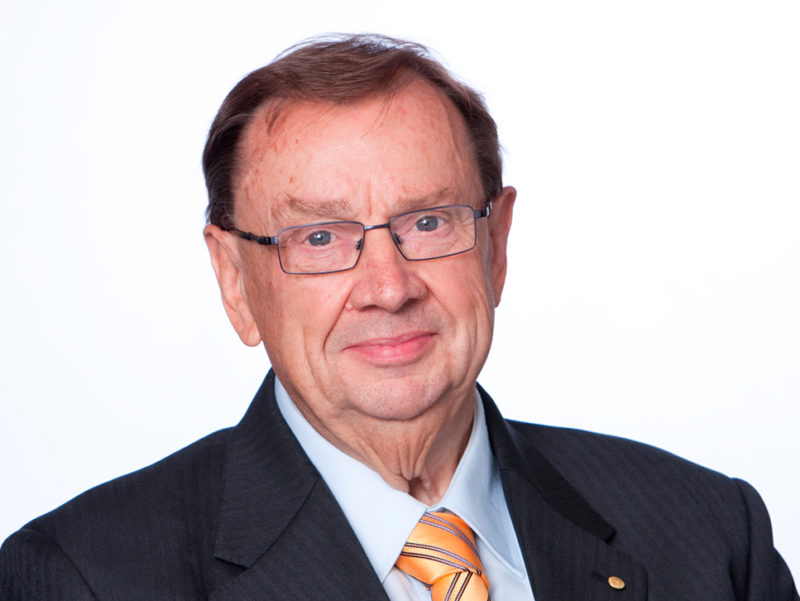Harold Mitchell ‘stepped over the line’ in handling of Australian Open TV deal, but is unlikely to face corporate ban
Despite a Federal Court finding Harold Mitchell “stepped over the line” on three separate occasions when dealing with a 2013 Australian Open TV deal, the famed adman isn’t likely to face a banning order, with most of the ASIC claims against him thrown out by Justice Jonathan Beach.
A hearing will be held in August to decide on Mitchell’s penalty for passing information to Seven West Media’s Bruce McWilliam while Mitchell was director of Tennis Australia.

Mitchell ‘stepped over the line’ but most of the ASIC case against him was thrown out


I’ve a feeling that we haven’t heard the end of this. ASIC put in too great an effort to walk away from it, I would have thought.
“Ultimately none of this caused any damage to Tennis Australia”
So there were higher bids from 9 and 10 throughout ?
So which Directors of Tennis Australia made a mess of this ?
So he “stepped over the line” . Is this a guilty to breaches of Directors Duties or not, or has the Justice gone grey? . I look for black or white from Court Judgements
One of the worst decisions I have ever read.